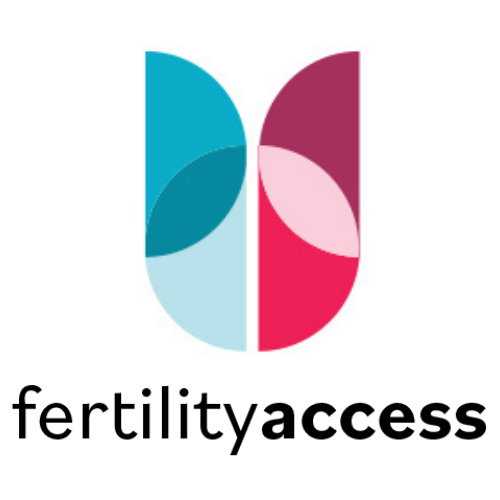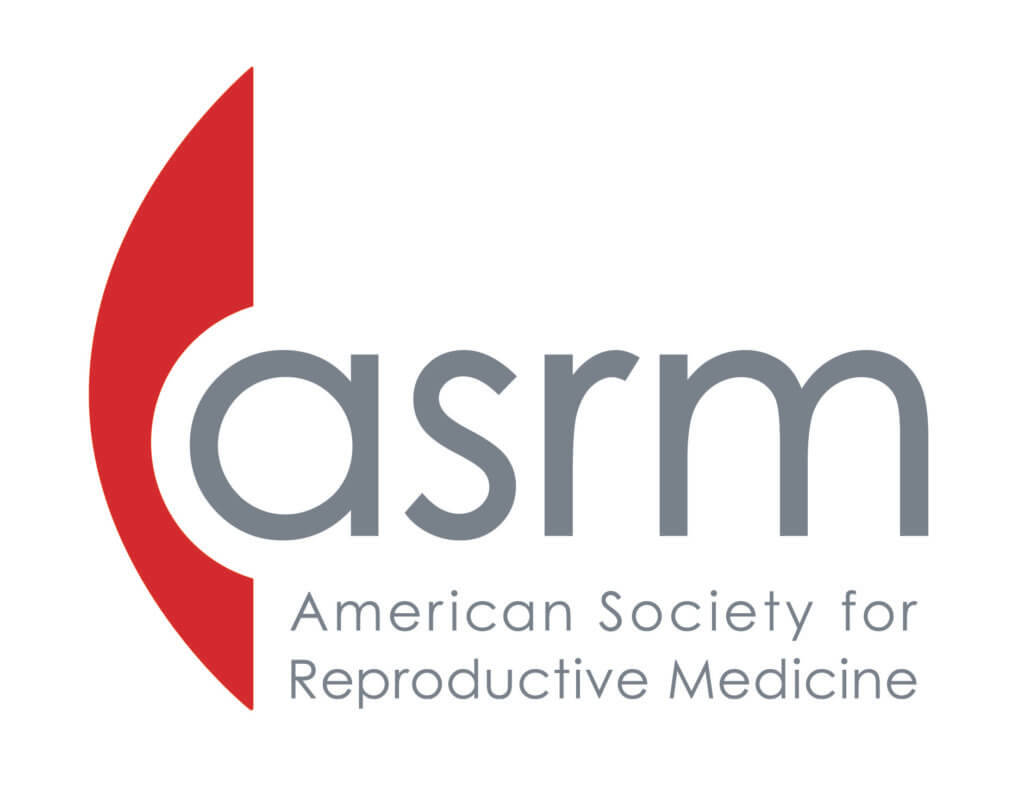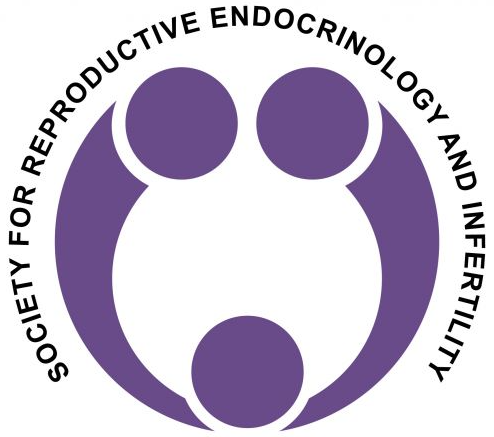During the month of October, the nation’s focus turns to Breast Cancer Awareness. For the team at Center for Reproductive Medicine, it brings another critical topic to mind: women who want to start a family, but are facing a cancer diagnosis, have important and complex decisions to make. No matter the type of cancer, timing an effective treatment and preserving fertility is a significant challenge.
Cancer treatments and infertility
- Chemotherapy (chemo) drugs carry the highest risk of damaging eggs and/or affecting fertility. The intensity of the risk depends on your age, the type of chemo drug and its dosage.
- Targeted therapy, such as Bevacizumab, has been found to cause permanent ovarian failure.
- Bone marrow or stem cell transplants usually involve high pre-transplant doses of chemo (sometimes with radiation) throughout the body. In most cases, this permanently stops the ovaries from releasing eggs.
- Radiation therapy can scar the uterus and damage the pituitary gland (which signals the ovaries to release eggs). High doses of radiation treatment to the abdomen or pelvis can destroy some or all of the eggs in the ovaries and may cause infertility.
- Surgery may involve the removal vital reproductive organs, such as the uterus (womb) and ovaries. Yet in the early stages of ovarian or cervical cancer, one ovary (and eggs) and the uterus may be saved, making pregnancy possible.
Preserving fertility in women with cancer
There are several steps women can take to preserve fertility. At Center for Reproductive Medicine, we offer a range of advanced solutions, including:
- Gestational carrier – Cancer treatment can make it impossible for a woman to carry a child — either through the removal of the uterus via surgery or because her health has not stabilized. In this case, or in many other instances, couples turn to a trusted surrogate to carry and bear a child. For information on candidacy, evaluations and procedures, click here to learn about CRM’s gestational carrier program.
- Egg donation – Healthy eggs are removed from a donor’s ovaries, joined with sperm in the lab, then inserted into the uterus to develop.
- Egg freezing – Extracting egg cells from the ovaries and freezing them can be done before cancer treatment. After treatment is complete and health status is positive, the eggs can be used to start a family.
Whatever your challenge or issue, whether it be conception, timing or health, the compassionate physicians at the Center for Reproductive Medicine are here for you. With specialized experience in advanced fertility solutions, the latest technology and financing, we are wholeheartedly dedicated to helping you become a parent.
To request an appointment, call 612-863-5390 or click here.





